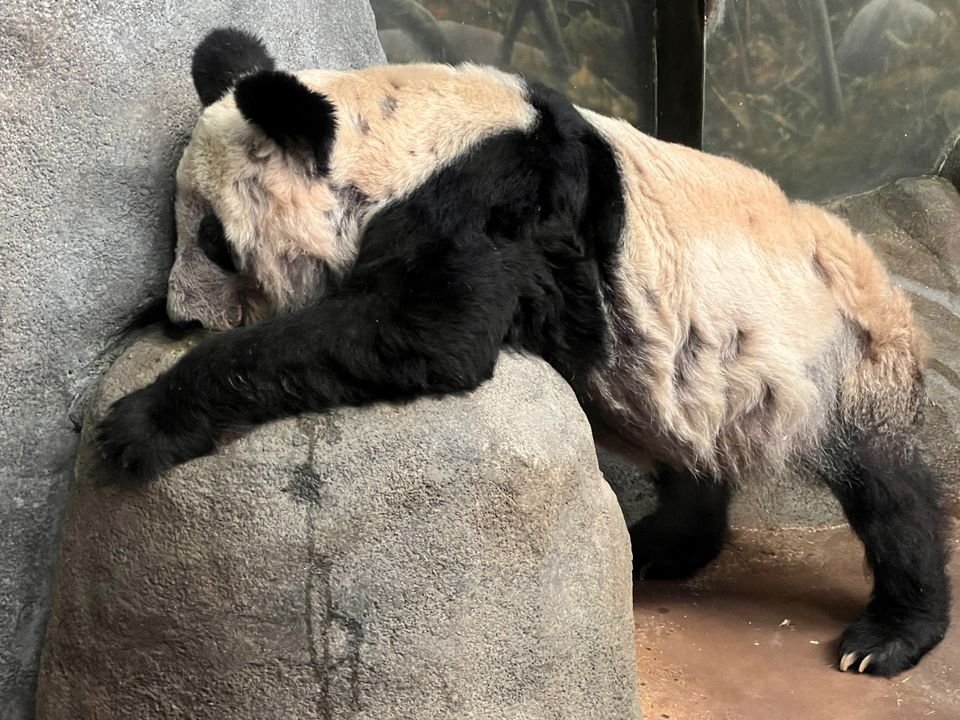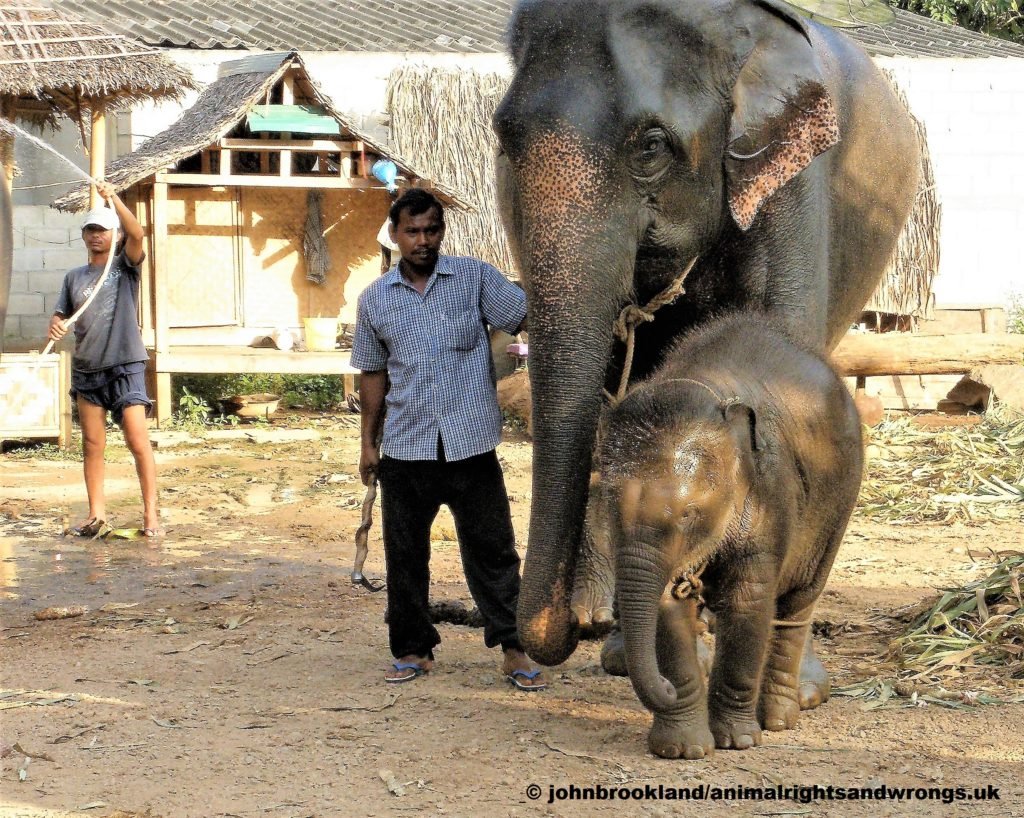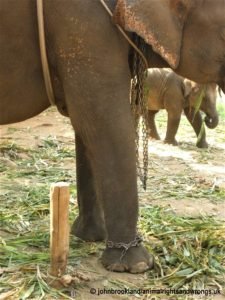In December 2022, Memphis Zoo returned two sorry looking aged Giant Pandas named Ya Ya and Le Le back to their homeland to great fanfare and publicity. According to the zoo Ya Ya and Le Le helped “pioneer research and conservation projects” and drew visitors to Memphis to “get a small taste of the exquisite culture of the People’s Republic of China.”
But according to several animal advocacy groups the zoo had not been providing them with adequate food or enough outdoor freedom and cited instances of them pacing in circles. These groups had been criticising the zoo for months and have claimed victory now that they are being returned to China. But it would appear their return may have been more to do with their contract expiring. And what are they returning to?

What future for Ya Ya and Le Le
At 24 years old and 22 years old respectively, having already exceeded the usual life expectancy by a considerable amount, Ya Ya and Le Le may not have much of a future. Not to mention the stress of being uprooted and flown round the world.
Few people realise that Giant Pandas are “rented” out by China. After the Second World war China was in the habit of “gifting” Giant pandas to other countries as part of trade agreements and diplomacy and zoos would clamour to house them. But in 1984 China changed this policy and began leasing them for high monthly fees. This changed again in 1991 to ten year leases costing up to US$1 million dollars per year with any cubs born having to be returned to China.
Some cynics have suggested that the Giant Panda is used as a “strategic asset for geopolitical reasons” because of the many trade agreements coinciding with their arrival in a country. The Pandas at Edinburgh coincided with a £2.6 billion worth of trade contracts for Britain. Zoos in France, Canada, Australia, Malaysia and Thailand also received Pandas following trade agreements.
Giant Pandas can assure a zoo’s financial future
They always come in pairs and the zoos pray they will breed as any cubs born boost their visitors and make them tens of millions in revenue. Any cub born costs the zoos a further “baby tax” until they are returned to China for breeding at 2 to 3 years old to support a healthy gene pool. In 2012, Toronto Zoo paid the going price of $1 million per annum for a pair and they produced two cubs which resulted in visitor numbers shooting up.
Edinburgh zoo rented a pair in 2011 named Yang Guang and Tian Tian with a contract costing £600,000 a year and they must be returned at the end of this agreement. Not that the zoo was too worried about the investment as visitor numbers shot up by 4 million in the first two years at £16 plus a head. This contract was extended by two years because of Covid and they are due to go back in 2o23.
The crowds tend to have a habit of losing interest if a cub is not born to reinvigorate the attraction, but luckily a cub was born in 2017 to much excitement and media coverage and probably to the relief of the zoo’s accountants.

Captive numbers have increased, but for what?
The number of wild and captive Pandas has increased to over 2,000 and the International Union for the Conservation of Nature (IUCN) have downgraded their endangered species label to “vulnerable”, but this does not mean that they are plentiful in the wild or will ever be, as there is very little room in suitable habitats for their release.
China (and of course the zoos they have been rented to) has bred and reared over 400 giant pandas and love to show off all the cute babies to world acclaim, but allegedly only 10 have ever been released into the wild since 1983 and only two of these have survived which appears to make a total nonsense of breeding them for release.
The bottom line seems to be that Giant Pandas have been reduced to tradeable merchandise.


